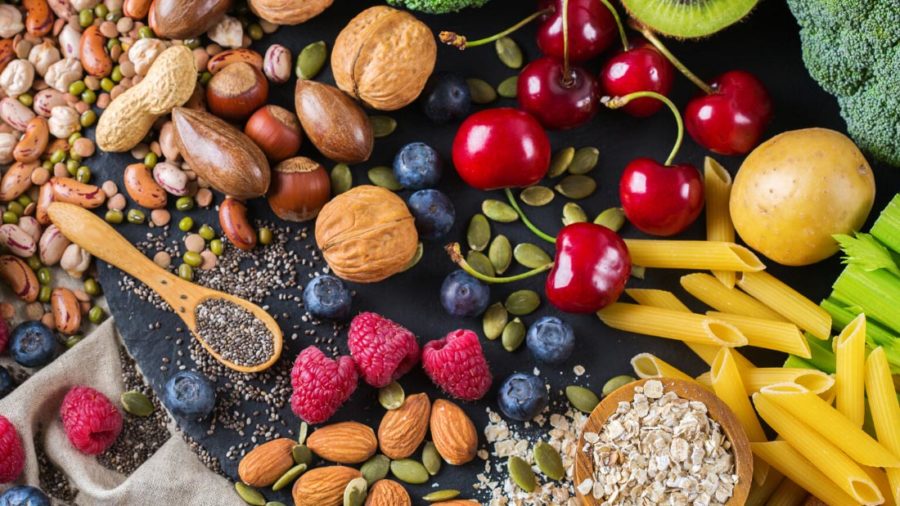A Better Way
In today’s society, becoming vegan and vegetarian is very popular and has many beneficial effects on our health and the environment.
But, what’s the difference between vegetarianism and veganism exactly? Being vegetarian means not eating meat and/or fish. Veganism means not eating food derived from animals and avoiding the use of other animal products like beeswax and animal fur.
A plant-based diet can help to reduce pollution. It may reduce water use by 50%. Also, vegan people minimize greenhouse gas emissions and land use by 70-80%. « A vegan diet is probably the single biggest way to reduce your impact on planet Earth, not just greenhouse gases, but global acidification, eutrophication, land use, and water use. » according to Joseph Poore, an environmental science researcher. Plus, it decreases energy consumption and purifies the air. Did you know that all the livestock on Earth release more air pollution than all cars, buses, planes, and ships combined?
A vegan diet also has a big impact on your health. Vegetarian and vegan people have a lower risk of heart disease and protection against type 2 diabetes. Furthermore, those people get a 15% lower risk of developing or dying from cancer and a 75% lower risk of developing high blood pressure. Eating a plant-based diet procures you extra fiber and cultivates healthy gut bacteria. However, you may have a lack of B12 vitamins and iron, but you can opt for supplemental vitamins.
It can be difficult to start a diet like this. You can begin to add some ingredients in your pantries like tofu, beans, lentils, nuts, seeds, vegetables, whole-grain foods, and plant-based milk. You don’t need to switch your nourishment really fast, you can take all the time as you need, one food group at a time.
Written by Coralie Vachon
Sources: vegan outreach, global citizen, BBC future, Healthline, I love vegan and The Beet






